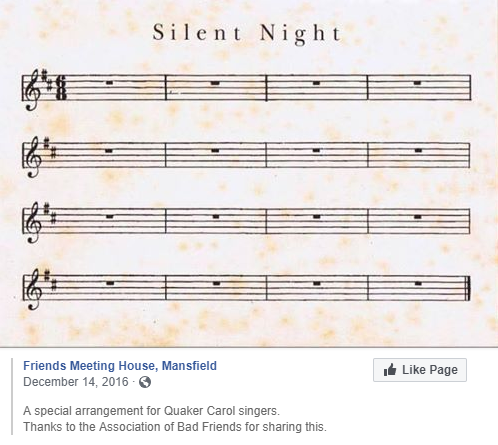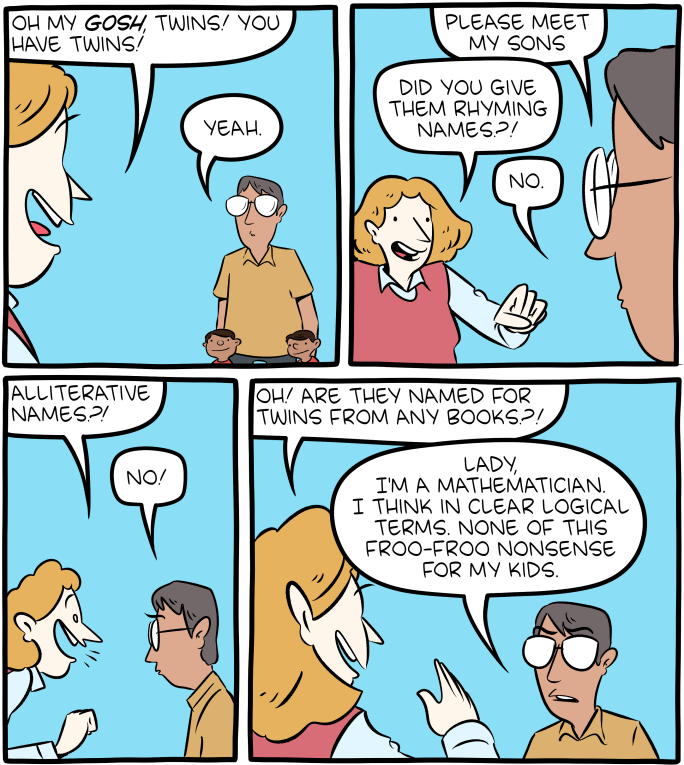"Lost in Translation? Understandings and Misunderstandings about the Ancient Practice of 'Sacred Prostitution'", Ancient Origins:
Ishtar was sometimes called the Goddess Har since she was the mother of the harlots. These “harlots” were not prostitutes as we know them, but priestesses and healers. These harlots were holy virgins serving goddesses such as Ishtar, Asherah, or Aphrodite.
The Hebrew word hor means “a cave” or “dark hole” and the Spanish word for “whore”, puta, derives from the Latin term for “a well”. In turn, the Latin term for “grave” is puticuli, which means “womb of rebirth”. The root of the word came from an early Sanskrit language where puta is defined as pure and holy. The cave, the hole and the bottomless black lake were metaphors for the Great Goddess— the primordial darkness from which all life is born.
The Ancient Origins "about-us" page says that
We’re the only Pop Archaeology site combining scientific research with out-of-the-box perspectives
But the etymology in those two paragraphs is not just out-of-the-box, it's out-of-its-mind.
Read the rest of this entry »






